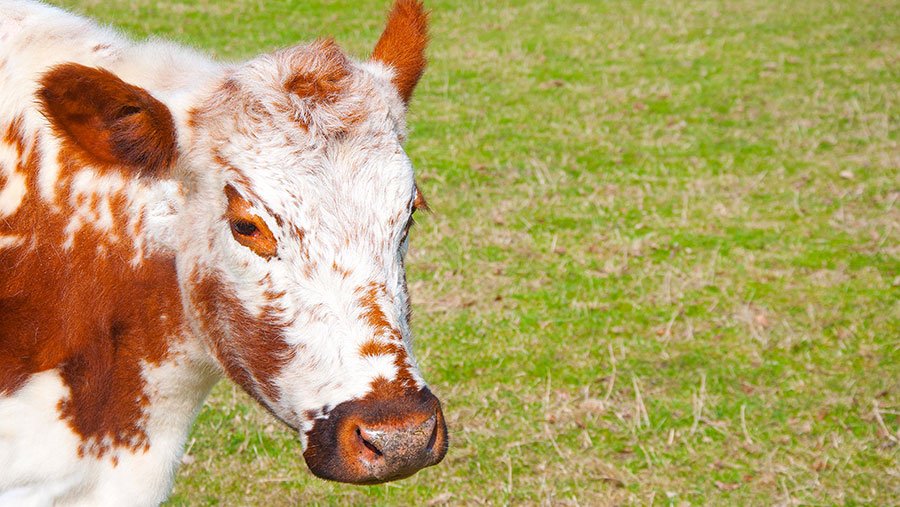Rare cattle breeds threatened by NI plans for 24-month target slaughter age
 © Radek Sturgolewski/Adobe Stock
© Radek Sturgolewski/Adobe Stock The Rare Breeds Survival Trust (RBST) has voiced its opposition to plans in Northern Ireland to impose a 24-month age limit of future support for beef producers, fearing it will discriminate against slower-growing cattle.
The proposal is contained in the Department of Agriculture, Environment and Rural Affairs (Daera) consultation on post-Brexit policy, which closed for comment on Tuesday (15 February).
Within that document there is a section dealing with future headage payments for cattle, including a so-called “beef transformation measure” – a direct payment to farmers aimed at increasing productivity and lowering greenhouse gas emissions.
See also: Area aids and headage payments key part of NI farm support
One way of achieving this, it suggests, would be to limit payments to clean cattle killed at 24 months of age or younger.
“Earlier-finished cattle use a higher percentage of their lifetime diet for growth rather than maintenance, which, therefore, increases overall efficiency of production,” says the consultation.
“In addition, cattle that are kept beyond their target slaughter weight or take longer to reach slaughter weight can lead to unnecessary GHG [greenhouse gas] emissions.”
It suggests this age reduction should be phased in over four years, adding that every month reduction of age at slaughter results in a 2% carbon saving.
Counterproductive
But the RBST says such a policy is counterproductive and will discourage farming with slow-growing breeds, which produce high-quality beef to high environmental standards, meeting the consumer trend towards eating less, but better meat.
“Breeds such as the Irish Moiled were bred for these landscapes and they bring together commercial viability with environmental value, including their fantastic support for biodiversity through conservation grazing,” said RBST chief executive Christopher Price.
“An obligatory slaughter limit of 24 months does not suit this type of farming. If we lose our native breeds, we lose all their genetic and natural capital value, too.”
In its consultation response, RBST also raises concerns about the welfare and ethical issues associated with higher growth rates and early slaughter.
Biggest win
The National Beef Association (NBA) is supportive of the Daera plan, however, saying lower age at slaughter will provide the “biggest win” in terms of reducing emissions.
“If the model is correctly designed, the benefits are so great that it would enable us to produce more beef domestically, leading to a corresponding reduction in imported beef with zero increase in emissions,” said NBA chief executive Neil Shand.
But while the NBA supports a reduction in slaughter age, having suggested 27 months as a target age in 2020, it believes the four-year target is unachievable, and could create shortfalls of beef availability.
The NBA submission also called for other means of protection for rare and native breeds that cannot reach these targets.
